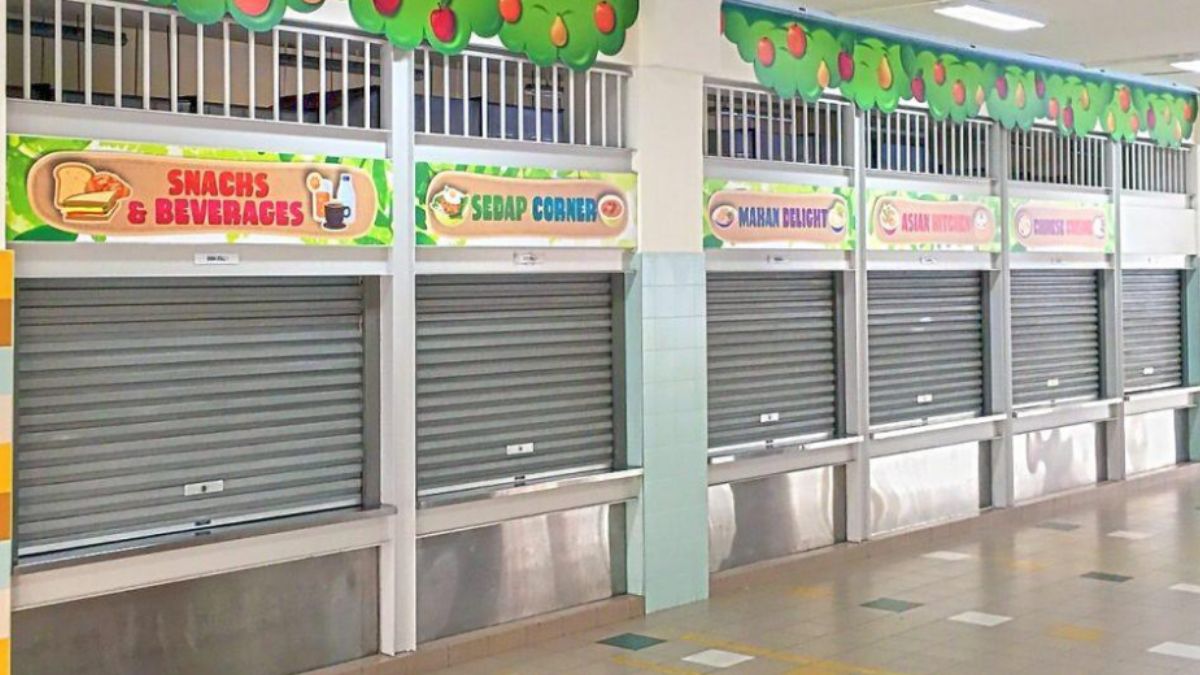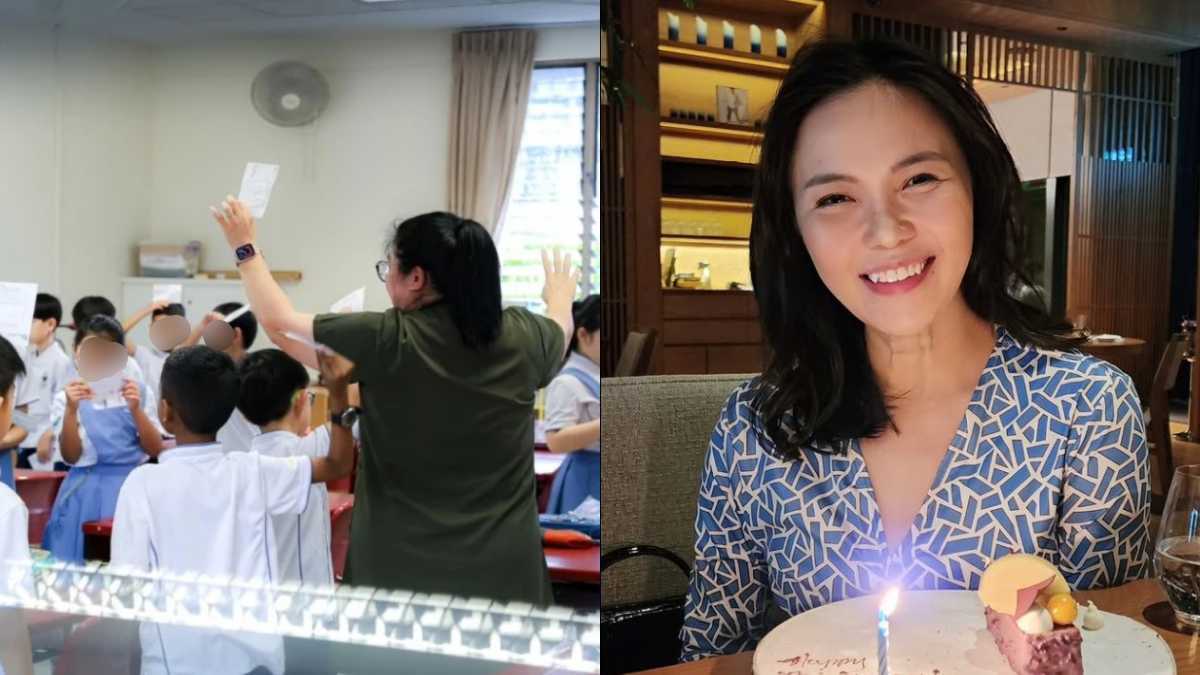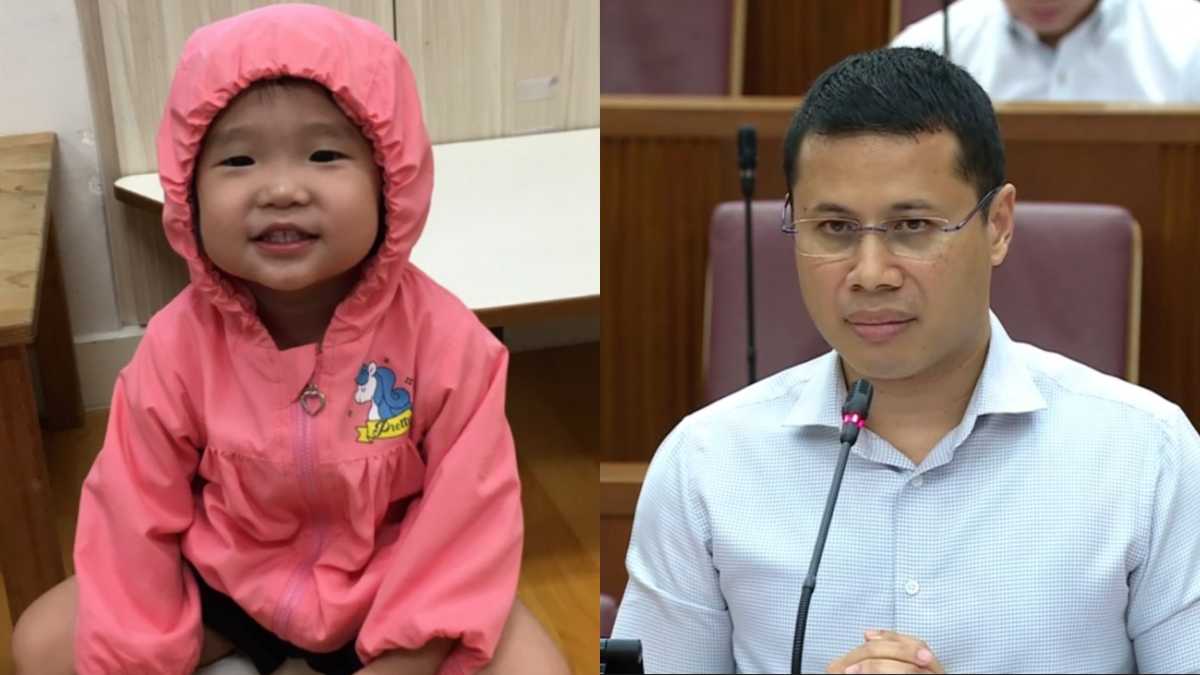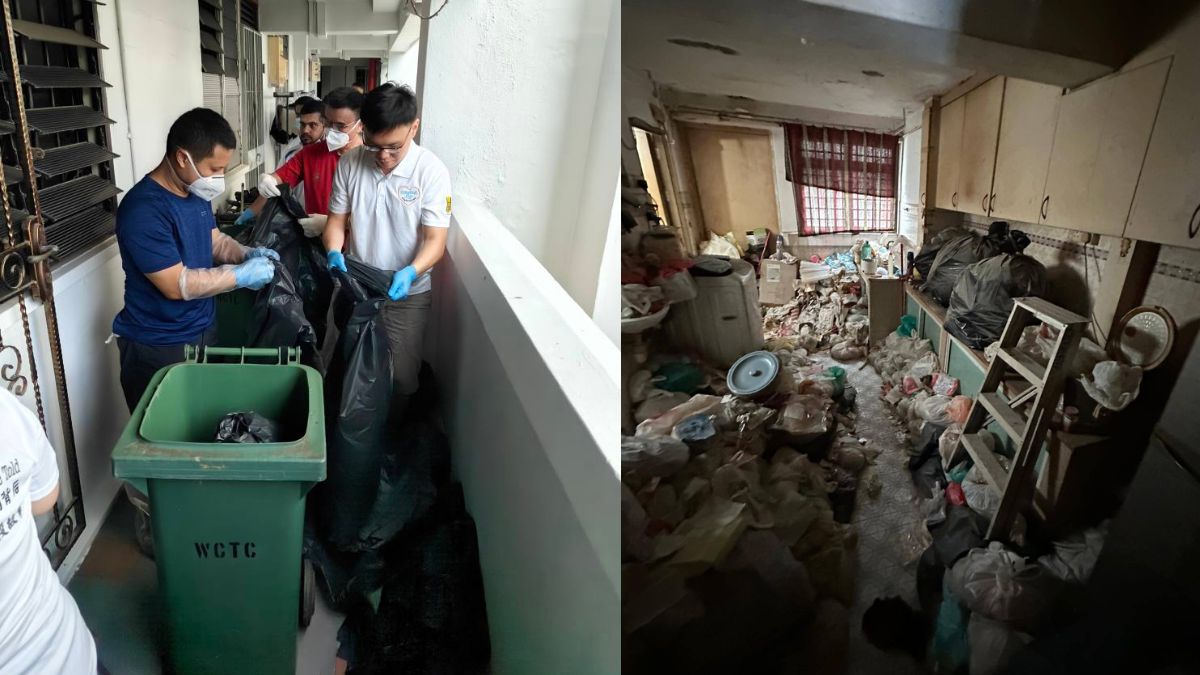MPs flag teacher burnout worries, call for better support and reduced administrative duties
During the 4 Nov 2025 Parliament sitting, MPs raised concerns about teacher burnout, citing heavy workloads and rising stress levels. They urged MOE to reduce administrative duties and improve mental health support. Education Minister Desmond Lee said MOE is streamlining processes, digitalising paperwork, and expanding support roles to ease teachers’ burden.
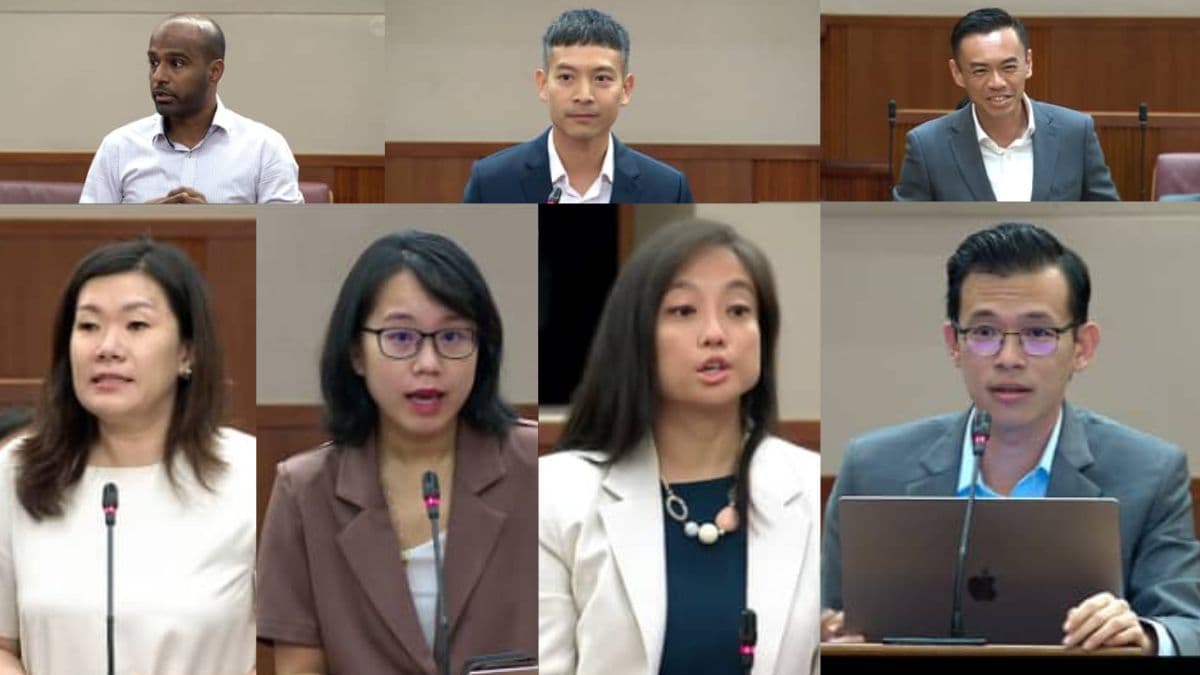
- MPs highlighted rising teacher stress and burnout linked to heavy workloads and administrative duties.
- Calls were made for MOE to reduce non-teaching tasks and strengthen mental health support for educators.
- Education Minister Desmond Lee said MOE is digitalising processes and expanding support staff to ease teachers’ workload.
SINGAPORE: During the 4 November 2025 Parliament sitting, Members of Parliament raised concerns about the mounting workload and stress faced by teachers in Singapore.
Citing findings from the OECD Teaching and Learning International Survey (TALIS) 2024, MPs noted that local teachers are clocking longer working hours than their OECD counterparts, with much of their time spent on lesson preparation, co-curricular activities, and administrative duties rather than classroom teaching.
Dr Wan Rizal highlighted that the survey reflected high stress levels among educators, prompting questions on whether the Ministry of Education (MOE) would introduce additional measures to support teachers’ mental health and overall well-being.
Mr Shawn Loh pointed out that only 12% of teachers are aged under 30, with 40% of them intending to leave the profession within five years.
He asked whether this low proportion of younger teachers was a policy concern, and what support mechanisms are in place to help beginning teachers manage the demands of the profession.
Ms Valerie Lee called for more targeted steps to reduce non-instructional duties, suggesting that MOE could employ full-time administrative and communications staff to assist teachers with events, reporting, and correspondence, allowing them to better focus on teaching and student development.
Similarly, Ms Hany Soh referenced the TALIS 2024 findings on the increasing complexity of the teaching profession, and asked which areas MOE had identified for immediate improvement to enhance teachers’ welfare.
In response, Education Minister Desmond Lee acknowledged that teachers face significant pressures balancing multiple responsibilities.
He explained that MOE has been streamlining administrative processes through digitalisation and expanding the roles of allied educators and support staff.
These measures, he said, are designed to allow teachers to focus more on instruction and mentoring.
Mr Lee also emphasised that the ministry regularly monitors teacher workload across all grade levels — beyond what TALIS captures — and engages school leaders to build supportive workplace cultures.
He added that teacher well-being remains a key priority, with initiatives such as peer support networks, access to counsellors, and professional development programmes tailored to sustain motivation and resilience.
He concluded by reaffirming that while teaching will always be a demanding vocation, MOE is committed to ensuring that teachers remain supported and appreciated, so they can continue delivering quality education to every student.


